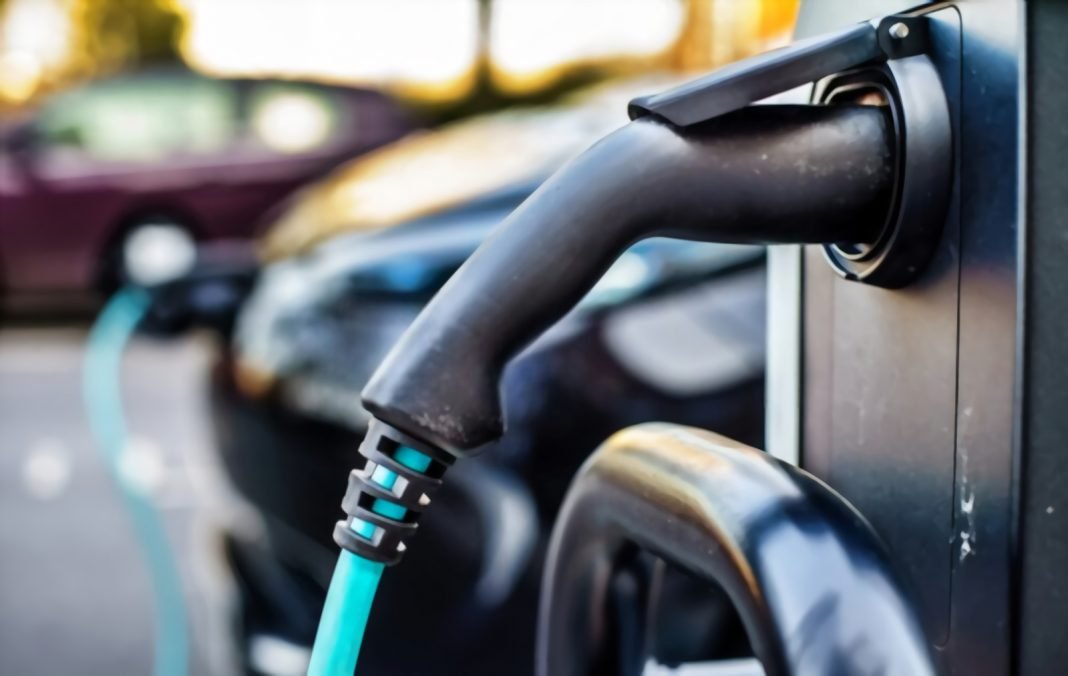Activists, campaigners and MPs are all warning that electric cars are the way forward if we are to stop air pollution and motor-related global warming. This is why governments are developing programmes for a ban on cars with internal combustion engines. Along the same lines, Boris Johnson’s government is planning to stop the sale of new petrol and diesel cars as from 2030. According to intelligent transport, Britain is going further than almost every other European country in tackling emissions from cars.
Transport in Britain
Transport is the most polluting sector in Britain. As stated by Transport for London, 99% of Londoners live in areas where pollution exceeds the guidelines presented by WHO. As Transport & Environment (T&E) stated in 2019, the British government’s new air contamination plan is just a repetition of existing plans which have not managed to clean up transportation.
Transportation produced 122 million metric tonnes of carbon dioxide in the UK in 2019. This constituted approximately 27% of Britain’s greenhouse gas emissions for that year. According to Statista, carbon dioxide emissions caused by transportation in Britain was 97.2 million metric tonnes in 2020. This indicates a reduction of about 20% compared with 2019. This decline in carbon dioxide emissions is said to be caused by the disruption of transportation due to the coronavirus strict lockdowns imposed by the government.
Reducing emissions in transportation remains a significant challenge as the UK is planning to reach net zero emissions by 2050.
Boris Johnson’s Plan for the Electrification of Cars
In an attempt to achieve the UK’s goal of net zero carbon emissions by 2050, the government is planning to put an end to the sale of new petrol and diesel vehicles by 2030, and hybrid vehicles five years later.
According to the New York Times, Boris Johnson has laid out a plan for a “Green Industrial Revolution”. The goals is to end the sale of petrol and diesel cars by 2030.
As stated in AM-Online, the Committee on Climate Change has made the case for hybrid vehicles to be included in the ban. It says: “This ban should explicitly cover hybrid as well as internal combustion engines.”
Prime Minister Boris Johnson had previously said that the plan would be implemented in 20 years, but according to the Financial Times, that time is a decade ahead. The paper added that the decision by the government is part of a series of environmental initiatives on the eve of the Climate Change Summit to be held in Glasgow with the attendance of world leaders. The Johnson government has announced that it will present a plan to combat global warming, requiring manufacturing companies to report their carbon waste.
This plan came after automakers had taken steps to produce electric vehicles. The German company BMW plans to set up its own electric car plant in Oxford, England. Volvo has also announced that it will produce a new generation of all-electric or “hybrid” cars, marking the end of the life of cars with internal combustion engines. According ot the Guardian, British manufacturers believe that the UK could become a significant exporter of solid-state batteries for electric cars.
While some policymakers have been trying to ban the sale of new petrol and diesel cars from 2030, IHS data shows that internal combustion vehicles will still hold a large share of the market. IHS predicts that by 2030 global sales of electric vehicles (including hybrid and all-electric) will account for 24.6% of the total market, but internal combustion vehicles will still account for 75.4% of the market share.
Allocation of Funds for Electric Vehicle Research and Development
As stated in INews, Boris Johnson will confirm plans to bring forward a ban on the sale of new petrol and diesel cars by a decade to 2030, in an effort to reach the UK’s goal of net-zero carbon emissions by 2050.The plan also involves an entire UK town switching to hydrogen power by the end of the decade, with all homes and businesses heated solely by the technology.
Mr Johnson has claimed that the 10-point plan, costing the Treasury a total of £12bn, would create 250,000 jobs across the UK and help the country to “become greener”.
An important point to consider is the matter of charging points. Overall, nearly 29,000 charging points are needed across Great Britain by 2030. Around 85% of these are fast (22 kW) or rapid (43+ kW) chargers. In the November 2020 Spending Review, the government announced that it would “Invest £1.9 billion in charging the infrastructure”. Furthermore, to make electric vehicle ownership more affordable, the government offers plug-in grants (launched in 2011). The amount of the grant depends on which category the vehicle is in.
The British Secretary of State has drafted a plan under which drivers interested in buying electric cars will receive a grant of up to £ 6,000 if they exchange their petrol and diesel cars for electric cars. If there is no stable market for electric cars in the UK, Jonson’s plan will face serious problems. An important challenge for this project is the number of electric car charging centres in the UK.
According to the Guardian, Caroline Lucas, the Green Party MP, condemned Johnson’s plan as vague and underpowered. She called it “A shopping list, not a plan to address the climate emergency”. Furthermore, financing the infrastructure of electric cars is a complicated issue which needs to be considered seriously.

